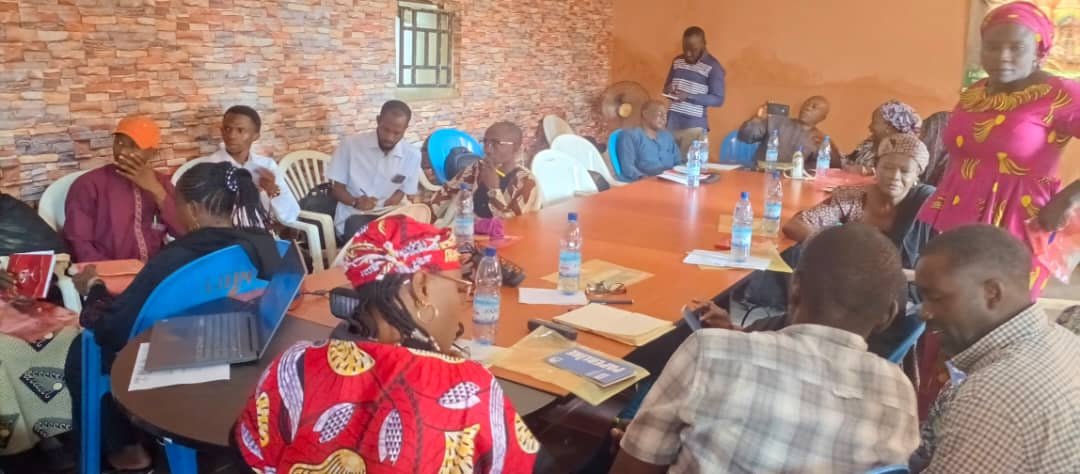Civil Society Organisations (CSOs) in Bayelsa State have stepped up the fight against malaria and other deadly diseases by training community-based volunteers to lead health interventions across local communities. The two-day capacity-building programme, held in Yenagoa, was organised by the Bayelsa State TB Network in partnership with the Civil Society on Malaria Control, Immunization, and Nutrition (ACOMIN) and the Network of People Living With HIV and AIDS in Nigeria (NEPWHAN).
Mrs. Opia Benita, Coordinator of the Bayelsa State TB Network, explained that the training was designed to expose participants to Nigeria’s Community Led Monitoring (CLM) and Community System Strengthening (CSS) framework, which places communities at the centre of health service delivery. According to her, the approach is tied to the country’s drive for Universal Health Coverage and the Sustainable Development Goals (SDGs), with a focus on building stronger, more resilient health systems.
Benita stressed that the initiative would empower local communities to take leadership in disease prevention, health advocacy, resource management, and service delivery. She noted that CSOs such as NEPWHAN, TBN, and ACOMIN have been working tirelessly to harmonize health responses across Nigeria, particularly in improving the quality of care for vulnerable populations.
During the training, participants adopted an 11-chapter document detailing strategies for strengthening community health systems, including frameworks for pandemic preparedness, financing for civil society organisations, and the integration of technology in public health monitoring.
Read Also:
- Police arrest 40 years old man over alleged defilement, impregnating of 12 years old girl in Bayelsa
- FG facilitates Bayelsa, Namibe sister-cities deal In Luanda
- Bayelsa to partner NACETEM on training, certification of welders
Rev. Tonye Ayamah, Deputy Coordinator of the Bayelsa State TB Network, highlighted that the programme is expected to boost accountability, enhance data-driven decision-making, and improve service delivery in TB, HIV, and malaria control. He added that the CLM framework ensures Nigeria’s health monitoring remains community-driven, government-supported, and technologically enabled.
In his presentation, Mr. Titus Seribo of ACOMIN emphasised the importance of a holistic approach that combines education, advocacy, stakeholder engagement, and public financing. He noted that empowering communities with knowledge about TB, HIV, malaria, and human rights would improve health outcomes and ensure long-term sustainability in tackling epidemics.
Also speaking, Mrs. Rose Nwokezi, State Coordinator of NEPWHAN, identified persistent challenges such as weak coordination, inadequate funding, limited capacity, and the absence of sustainable partnerships, which hinder community effectiveness during health crises like COVID-19, Ebola, and malaria outbreaks.
The training is expected to strengthen grassroots response, ensure inclusion of marginalized groups, and amplify the role of community volunteers in shaping Bayelsa’s public health outcomes.






